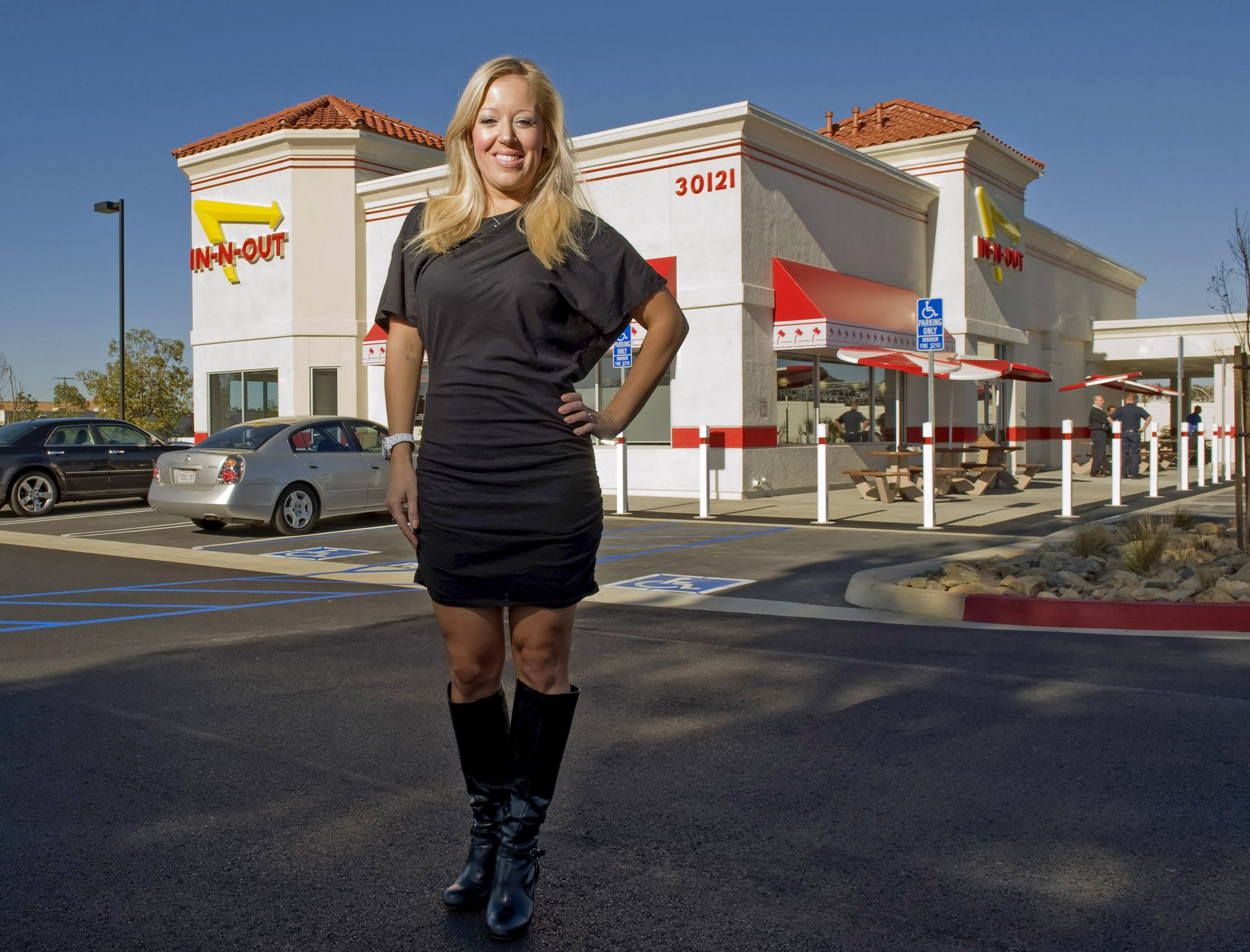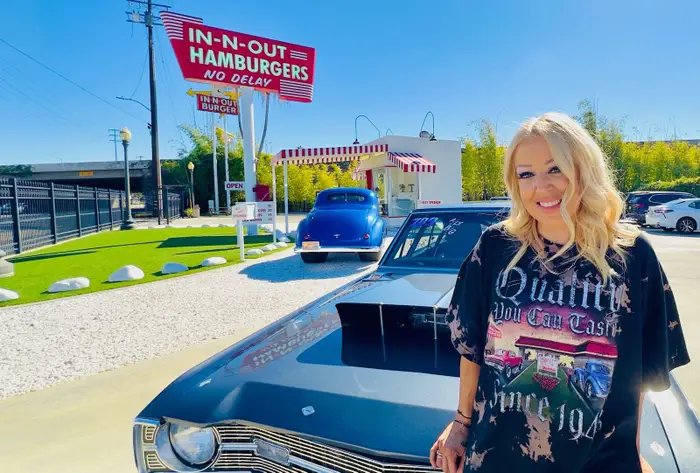In an era where fast food prices are under constant pressure from economic factors like minimum wage increases, Lynsi Snyder, the billionaire heiress of the iconic In-N-Out Burger chain, has taken a bold stand. Her commitment to maintaining affordability while grappling with rising operational costs in California—a state notorious for its stringent economic policies—has made headlines and sparked discussions across the fast food industry.

Lynsi Snyder, in her own words, has gone “toe-to-toe” to keep the prices at In-N-Out from skyrocketing. This phrase isn’t just a casual remark; it’s a testament to her fierce dedication to the brand’s ethos and its customer base. While many competitors may pass on increased costs to consumers, Snyder’s approach reflects a deep-seated commitment to what In-N-Out stands for quality food at reasonable prices.
Navigating the Economic Landscape: Minimum Wage and Fast Food Pricing
The fast food sector in California has been hit particularly hard by economic changes, including significant hikes in the minimum wage. These changes aim to improve living standards but also pose a challenge for businesses striving to balance fair wages with competitive pricing. Snyder’s assertive stance in this scenario is not just about business strategy; it’s about preserving a legacy that dates back to 1948 when In-N-Out first opened its doors.
Lynsi Snyder, who became the president of In-N-Out Burger at 27 years old, sits down with @WatchSavannah to share the story of her family-run burger business with a devoted following. pic.twitter.com/kzz48i6dXR
— TODAY (@TODAYshow) April 9, 2024
Lynsi Snyder: The Broader Impact of Economic Policies on the Fast Food Industry
The repercussions of economic policies, like minimum wage increases, extend beyond just operational costs. They influence everything from employment practices to pricing strategies across the sector. In battling these economic pressures, Snyder’s leadership at In-N-Out becomes a crucial case study in how large chains can respond to regulatory changes without compromising on their core values.

It’s essential to recognize the intricate balance between maintaining profitability and adhering to a brand’s promise. Lynsi Snyder’s public acknowledgment of these challenges sheds light on the complexities of running a fast food empire in today’s economic climate. Her efforts resonate not just within In-N-Out’s framework but also across the broader industry, serving as a beacon for other companies wrestling with similar issues.
Conclusion: Leadership, Legacy, and the Future of Fast Food
Lynsi Snyder’s role goes beyond that of a typical corporate leader; she is a custodian of a beloved brand’s legacy and an advocate for millions of consumers who seek quality at a fair price. Her proactive approach in addressing economic challenges head-on highlights her unique blend of business acumen and genuine concern for consumer welfare.

As the fast food industry continues to evolve amidst fluctuating economic conditions, the story of Lynsi Snyder and In-N-Out is a compelling reminder of the impact that determined leadership can have on a company’s ability to thrive in challenging times while staying true to its roots. Her stance is not just about fighting rising costs but about fostering a sustainable business model that other companies might look to emulate in their quest to balance profit with customer satisfaction.










